Verifier nodes debut to strengthen data decentralization across gaming and AI
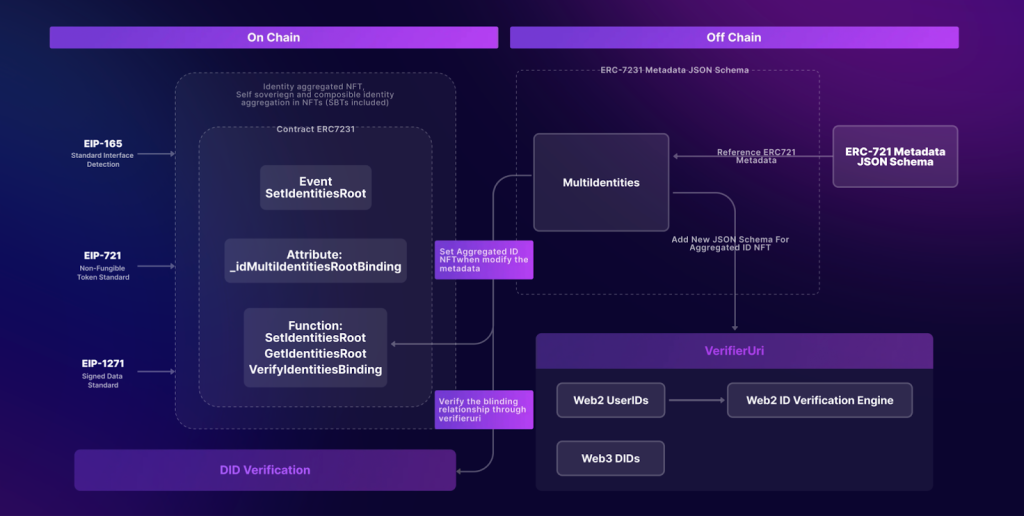
Blockchain protocol launches verifier nodes to improve data security and decentralization.


CARV, a gaming and AI-focused blockchain protocol, aims to further decentralize the data landscape with the launch of verifier nodes.
Decentralization is a core promise of Web3. However, when it comes to personal data — an integral component of the information age — only a handful of companies possess and profit from it. Such companies generate hundreds of billions of dollars of revenue each year, often without sharing their revenue with users, who are the actual owners of data, or allocating only a minuscule percentage.
Data centralization also has adverse effects on cutting-edge technologies like artificial intelligence (AI) models, which require a constant flow of high-quality data to learn from. However, centralized ownership reduces the legitimacy and trustworthiness of data inputs, depriving both AI models and related businesses of ethically sourced data at scale.
Verifier nodes to empower data control
CARV, a modular data layer built for gaming and AI, works to decentralize the data landscape by giving control back to users. It aims to transform how data is used by putting users in the driver’s seat, allowing them to own, monetize and share data across the decentralized interoperable environment. In a bid to support decentralization, CARV is set to launch the sale of verifier nodes for its community.
Verifier nodes are components that oversee data processing and double-check transactions. They validate attestations provided on-chain by Trusted Execution Environment (TEE) nodes, thereby adding an extra layer of security and trustworthiness in data processing. As lightweight nodes, they can be easily set up and ready to run.
Verifier nodes will be available for purchase to whitelisted users starting from June 3 at 10 am UTC. The public sale will launch two days later, on June 5, after the whitelist node sale is completed. A total of 100,000 nodes will be sold through a multi-tier pricing system, in which first-comers get access to lower rates and special events. The sale is on the Arbitrum network, and users can purchase verifier nodes using wETH.
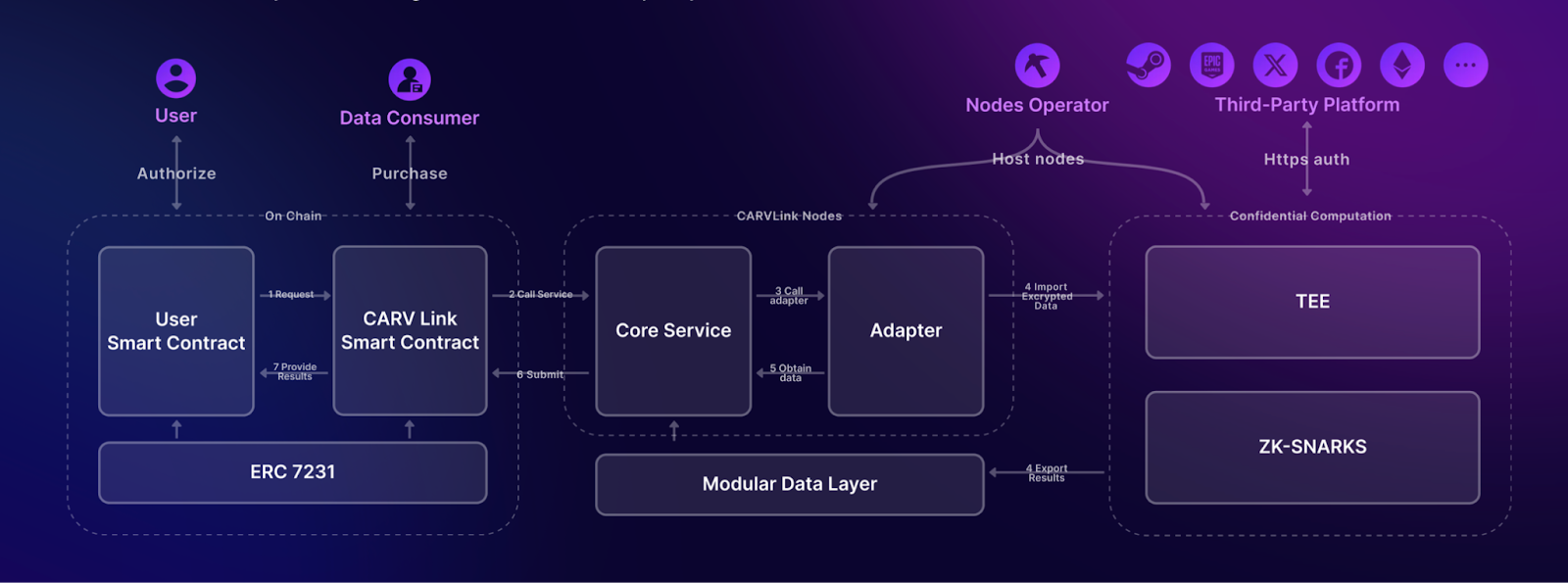
CARV Link operates as a decentralized oracle service. Source: CARV
Running a verifier node on CARV can benefit both the ecosystem and its participants. Verifier nodes incorporate the community into the validation process and necessitate two-staged verification. This mechanism prevents system manipulation and improves security in general while preserving decentralization. Enhanced security is envisioned to attract more quality games, as they will be easier to onboard and manage.
As for its participants, node operators will earn CARV’s native cryptocurrency, CARV, to verify data. A quarter of the total supply is reserved for nodes, with half expected to be released in the first year. The release model includes a 25% reduction every six months.
Verifier nodes are currently only tasked with verifying results from the data processing and AI model training layers. However, their mission is set to expand over time. Prospective assignments include verifying Carve DB — an EigenLayer-based storage component — and securing CARV Link, an oracle service that imports external data to the protocol.
Decentralizing data and identities
Data monetization on CARV has seen considerable advancements with the arrival of the Data-to-Earn era. Beginning in December 2023, the campaign enables users to generate revenue by providing their personal data to brands and interacting with them through activities like survey completion and event participation.
Such campaigns allow users to earn passive income while creating a constant data flow for brands and applications, which is required for their development. As a result, users can finally monetize the utility that comes from their data — just as the tech giants have been doing for years.
The protocol also developed an Ethereum-based token standard. Approved in February, ERC-7231 is an advanced version of the ERC-721, Ethereum’s famous nonfungible token (NFT) standard. ERC-7231 links Web2 and Web3 identities and presents them as NFTs, thus aggregating multiple identities from different iterations of the web and supporting decentralized identity verification.
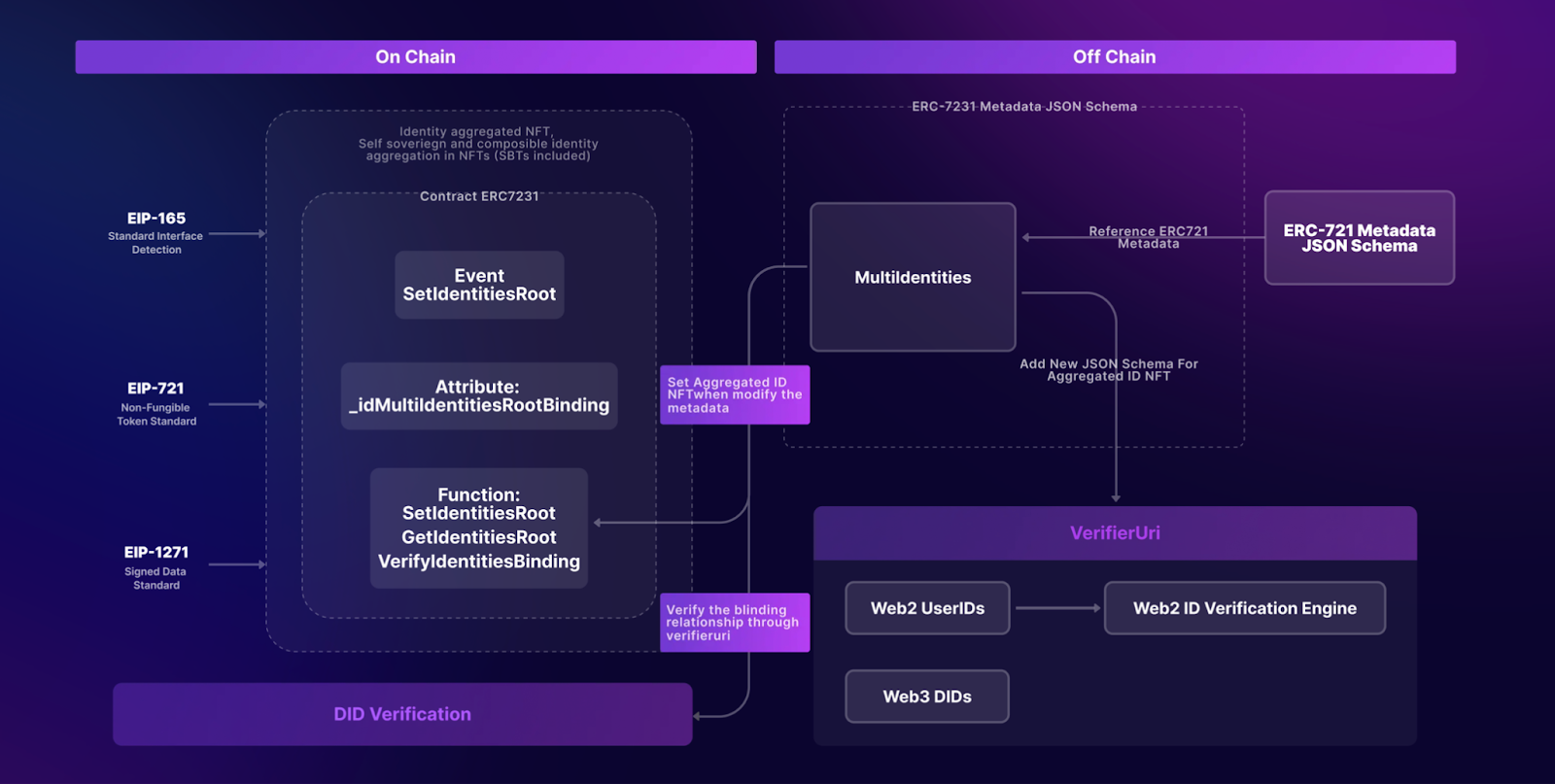
How ERC-7231 identity aggregation works. Source: CARV
The project has recently completed a Series A funding round, which was co-led by Tribe Capital and IOSG Ventures. The round saw participation from prominent industry players such as OKX Ventures, Consensys and Arweave and raised $10 million.
We’re thrilled to announce our $10M Series A round, co-led by Tribe Capital and IOSG Ventures.
CARV is committed to building the largest modular data layer for #gaming and #AI, maximizing data innovation while ensuring individuals can share the value created in a user-owned… pic.twitter.com/1rgFK9UABF
— CARV (@carv_official) April 25, 2024
Integrated with over 40 blockchains and more than 700 games and AI companies, CARV hosts an ecosystem with a user base that exceeds 2.5 million. The project aims to break down identity silos and lay the foundation for a user-owned internet where individuals can have an equitable share in value distribution.
The shift toward decentralizing data through initiatives like verifier nodes marks a significant step in redefining digital ownership and control. By involving the community in the validation process and offering incentives for participation, CARV enhances the security and trustworthiness of its ecosystem while fostering a more inclusive and collaborative environment. The result leads to more equitable and transparent data dynamics, benefiting both individual users and the broader technological ecosystem.

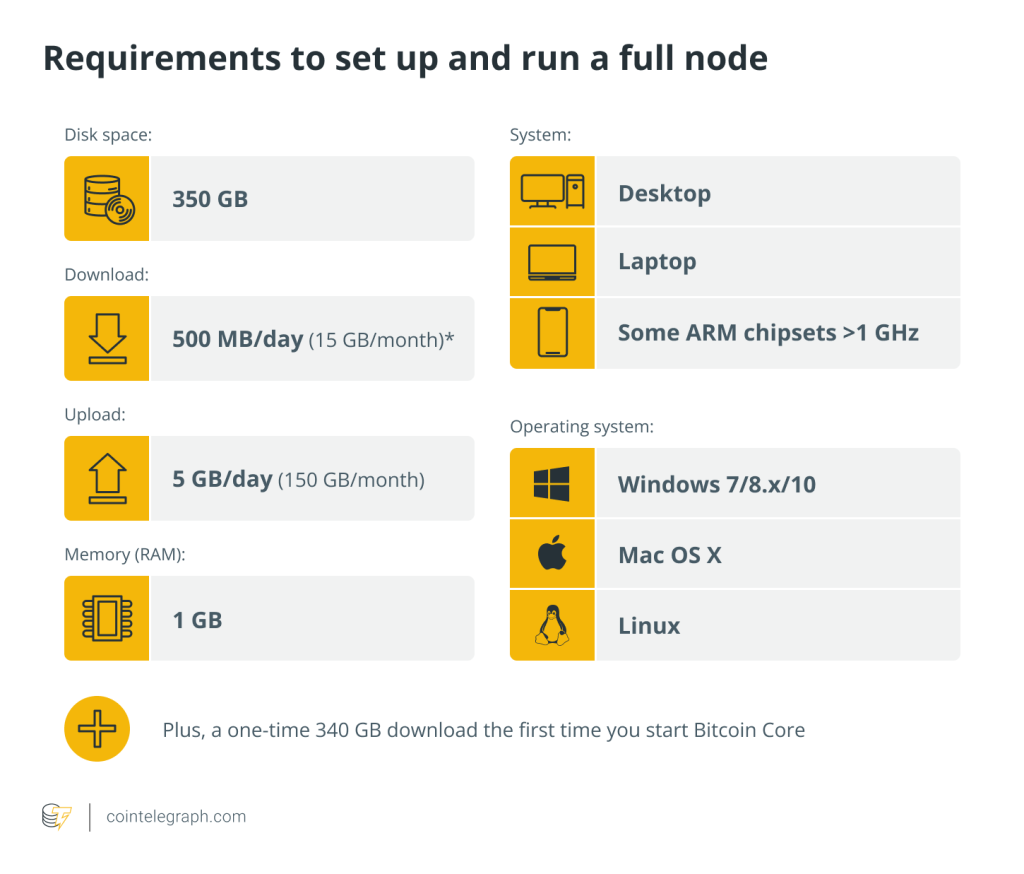

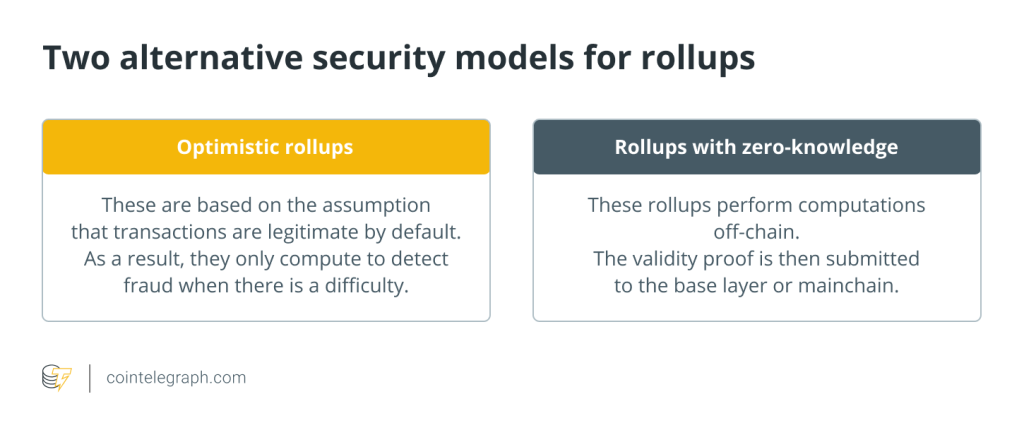
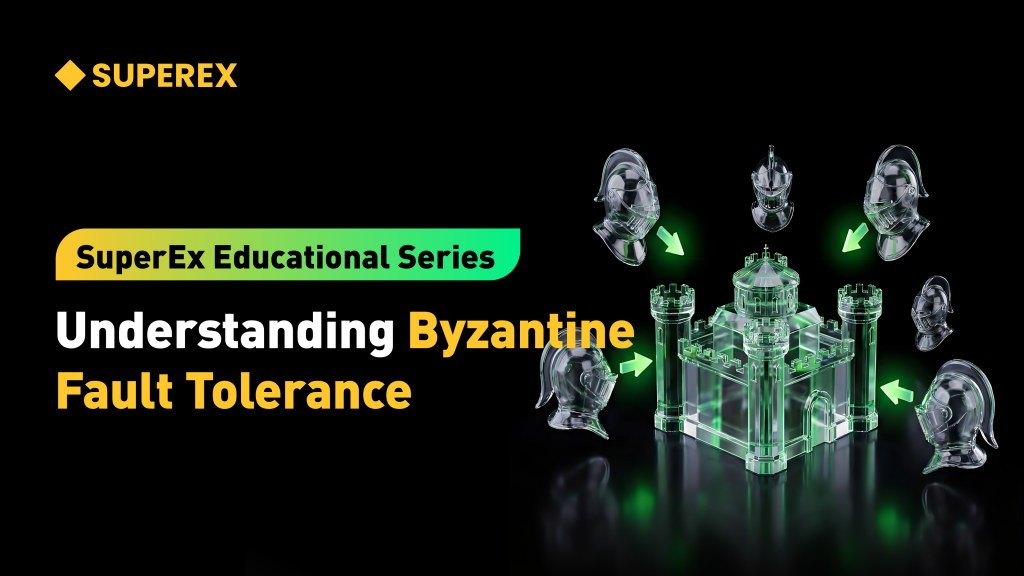
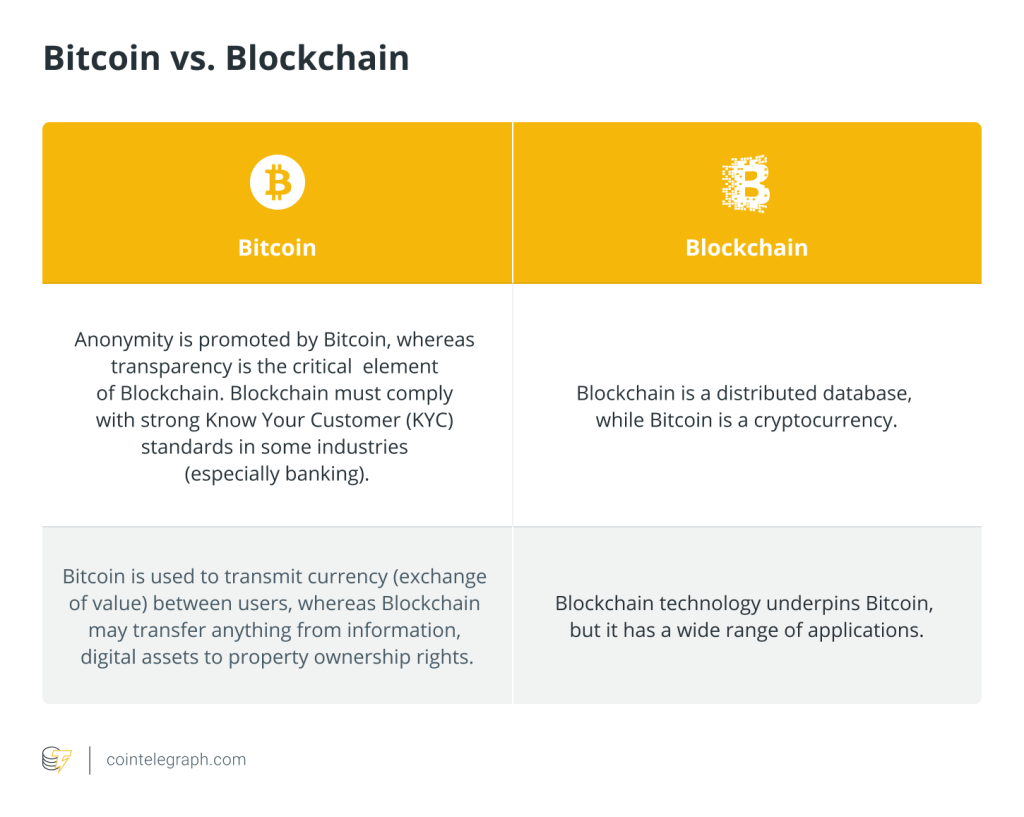
Responses